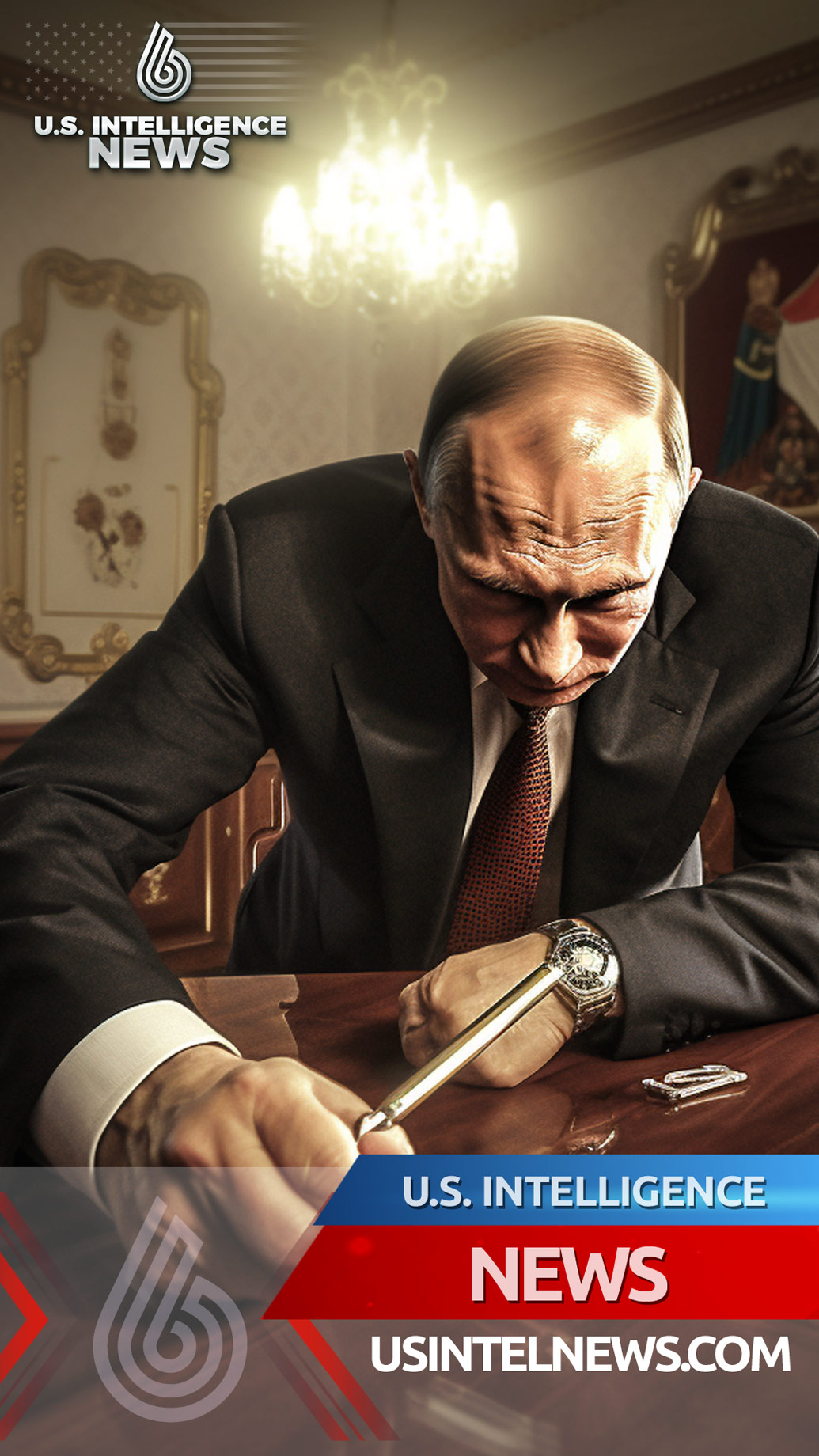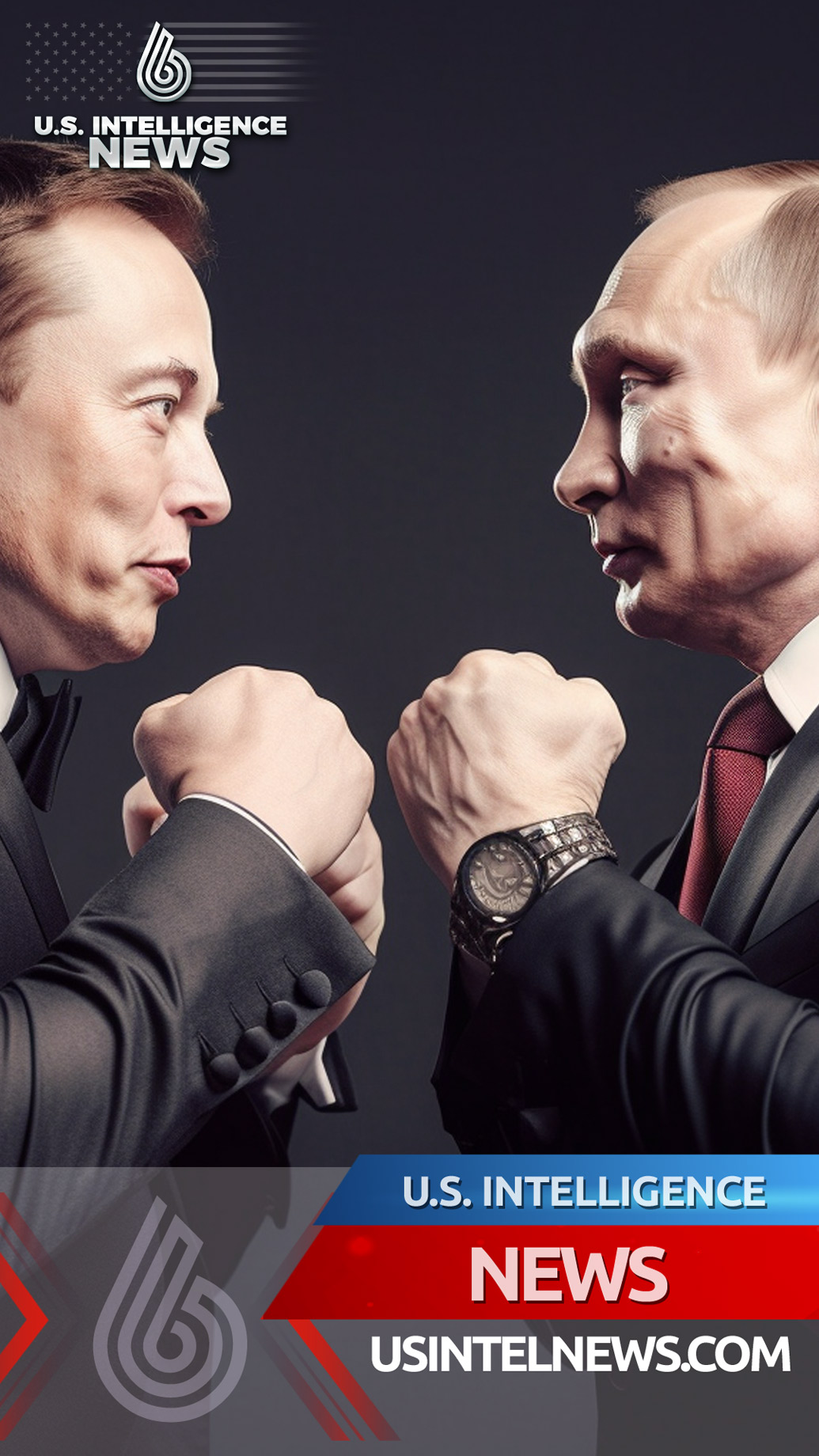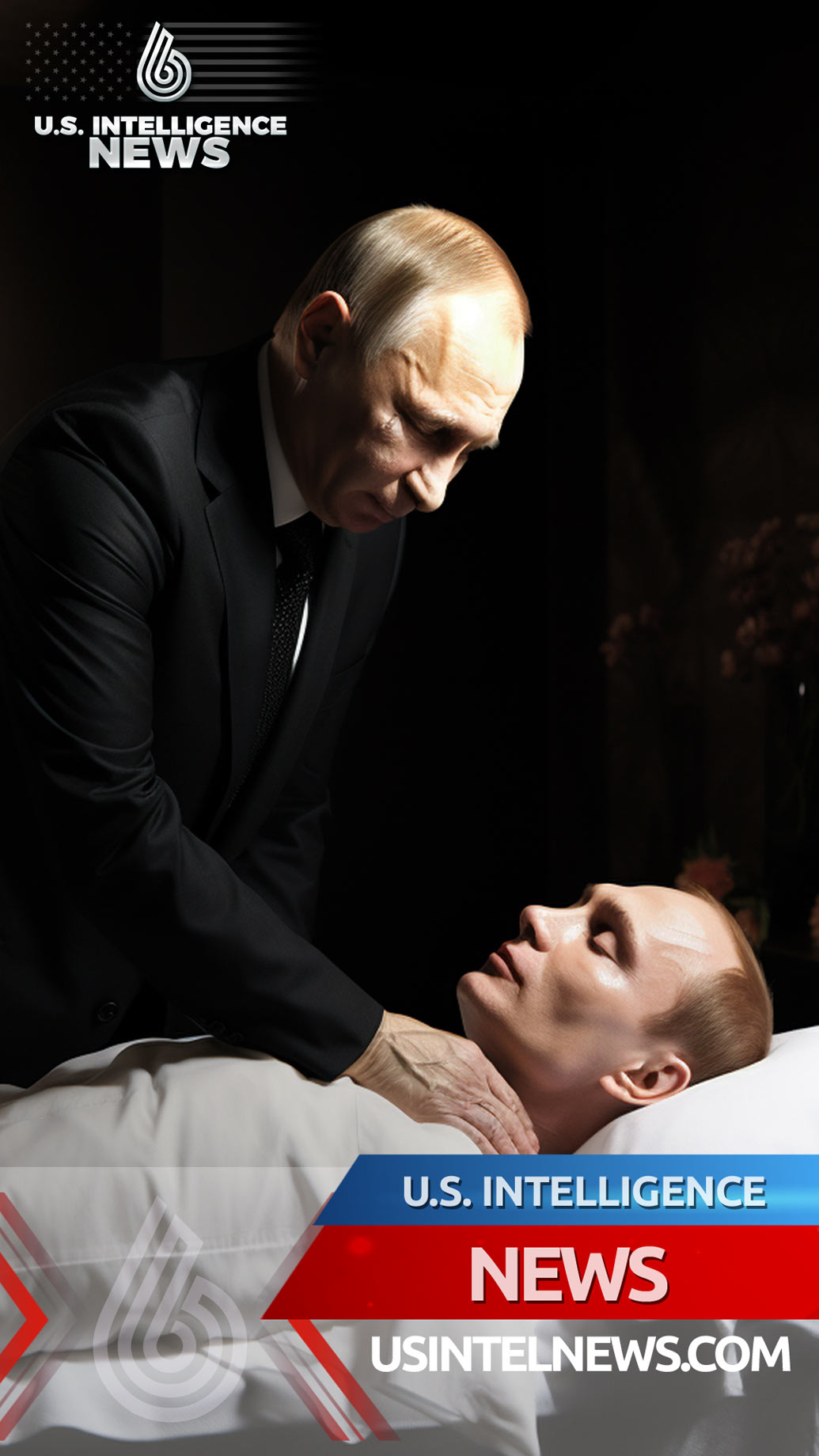
The U.S. Intelligence Community
In March 2009, Foreign Affairs magazine published the article “How Development Leads to Democracy,” by Ronald Inglehart and Christian Welzel, two of the most well-known political scientists in the field today.
Respected in academic circles for their studies on culture and modernization theory, the pair argue that democratic government—in the modern Western sense of the term—is prohibitively difficult to maintain in a country without a relatively developed economy, a desire for participatory government, or the rule of law. They contend that, without one of those favorable pre-existing circumstances, maintaining democracy will be a daunting task.
Yet many in government and the media have yet to learn this basic lesson.
As Inglehart and Welzel observe, among those countries that “democratized between 1970 and 1990,” democracy endured “in every country that made the transition when it was at the economic level of Argentina” or higher. But in the nations below that level, it endured for a dismal average of “only eight years” before foundering. Indeed, the more developed and socially “modernized” a country becomes, the more difficult it is to avoid the growth of democratic institutions.
“Today,” Inglehart and Welzel declare, “it seems clear that the causality runs mainly from economic development to democratization” rather than the other way around. Democracy, in other words, cannot be forced.
Democratization is foiled, according to Inglehart and Welzel, when the bulk of a given population remains, out of necessity, focused on mere “survival values,” as opposed to the “self-expression” values that place primacy on personal agency and make the establishment of democratic government more likely. Military intervention cannot alter this basic, structural, social fact.
In their article, Inglehart and Welzel also outline several of the historic iterations of modernization theory, and how each attempts to define and characterize the process by which “traditional” societies become “modernized.”
“At the height of the Cold War,” they write, a particular “version of modernization theory emerged in the United States that portrayed underdevelopment as a direct consequence of a country’s psychological and cultural traits. …The rich Western democracies, the theory went, could instill modern values and bring progress to ‘backward’ nations through economic, cultural, and military assistance.”
“By the 1970s, however,” they continue, “it had become clear that assistance had not brought much progress toward prosperity or democracy—eroding confidence in this version of modernization theory.” Yet to this day, it seems that some policymakers and pundits have never accepted the widespread failure—or at the very least, underperformance—of the development assistance strategy.
Even in the wake of President Trump’s long overdue reorientation of American foreign policy, some doctrinaire neoconservatives seem unwaveringly committed to a permanent and extensive—perhaps even expanded—American military presence across the world. In the past, they have explicitly coupled this commitment with the spread of democracy to “backward” countries.
To give the neocons their due, pundits do occasionally animadvert against the war in Iraq and other uses of the American military without doing sufficient research. And certainly American withdrawal from overseas involvements can pose serious dangers of its own. At the height of the Cold War, such an interventionist approach probably seemed much more reasonable. There are hardly ever easy solutions to geopolitical problems.
But war, in one way or another, always brings disaster. Even if, in a given conflict, one side is clearly in the right, no modern war was ever perfectly carried out. There are often grievous impacts on innocent bystanders whose ramifications last decades after hostilities are formally concluded. Consequently, America should only employ military force with serious forethought and a clear and legitimate objective in mind, in keeping with the stipulations of just war theory. No war should ever be conducted on the basis of political ideology, regardless of what that ideology might be. We must always, as Saint Augustine did, beware the “love of violence” and “lust of power” that war can engender.
We ought not imagine that 1941 can never repeat itself—we should maintain our armed forces and our overseas alliances, and actively defend our own governmental institutions. But we should also not be so naïve as to think that democracy can, or should, be spread at sword point across the earth. Catastrophe always accompanies such utopian pursuits.
There is no moral dictate that compels one to spread democracy qua democracy by force—let alone by Bismarckian blood and iron.
Inglehart’s and Welzel’s 2009 article advances a view of modernization that is arguably at odds with the basics of modern conservatism (let alone traditional conservatism or paleoconservatism). For example, they describe the decreased emphasis on “religion” and “national pride” that accompany “modernization,” along with other relativist and arguably anti-Christian trends, in seemingly indifferent and even positive tones.
Nonetheless, their work holds an important lesson. If one recklessly decides to advance the “cause of democracy” by force, one is bound to fail unless the country one targets is not already amenable to one’s aim. All else being equal, one might just as well wait for the trends of modernization to run their course, and maybe try to influence the process through peaceful, voluntary means.
As an aside, a question remains: if “modernization” and “democratization”—as Inglehart, Welzel, and the political left generally understand them—are even indirectly corrosive to religion and patriotism, should they be pursued at all? If they serve to attack the groundwork of Judeo-Christian morality and therefore of civilization itself, which are what “modernization theory” and democracy purport to interpret and represent, respectively, are they goals worth pursuing?
Moreover, is the United States—a representative republic whose Constitution and Declaration of Independence do not bear even a single use of the word “democracy”—bound to uphold “modern liberal democracy” as an axiomatic principle even within its own borders, let alone across the globe?
I think the answer to all these questions is categorically “no.”
Defending legitimate American national interests and supporting the fair treatment of others is quite different from insisting on the establishment of global secular democracy. The reality is that we have a duty, as William F. Buckley Jr. put it, to “stand athwart” that system’s radical excesses, not blithely encourage them.
In her 2000 book Democracy by Force: U.S. Military Intervention in the Post-Cold War World, Karin Von Hippel examined “four US-sponsored interventions (Panama, Somalia, Haiti and Bosnia).” She attempted “to provide a greater understanding of the successes and failures of US policy,” and “to provide some insight into the conditions under which intervention and nation-building are likely to succeed.”
In his review of Von Hippel’s book in Foreign Affairs, Philip Zelikow characterized American nation building and modernization efforts as representing a sort of “secular evangelism.” However improper, that description hits on a key truth. If one truly believes, in a quasi-theological way, that “liberal democracy” is the only legitimate form of government, why shouldn’t one spread that government with evangelistic fervor?
Yet nowhere does just war theory demand wars to “spread liberal democracy.” Neither does the U.S. Constitution bear an injunction to “guarantee to every state in this union a ‘liberal democratic’ form of government,” much less to coercively spread such a system across the world.
At any rate, the “democracy” that neoconservatives and many on the left want to spread today bears little resemblance to the idea of robust democracy that, say, President Franklin D. Roosevelt had in mind when he made his “Arsenal of Democracy” speech in December 1940, just before America entered the Second World War.
There is no equivalence between—on one hand—a philosophy that encourages same-sex unions, the killing of children in utero, and the establishment of secular socialism, and—on the other hand—the form of government enjoined by the U.S. Constitution. There is likewise no equivalence between modern liberal democracy and the core beliefs of Western civilization. To claim that democracy, even in its healthy state, ought to be spread by force is to undermine the most basic tenets of both legitimate government and civilization itself. We should recognize this misguided quest for secular domination for what it is. In short, we should “stand athwart” the idea, and ensure that it never again defines American foreign policy.
Jack Howard Burke is a contributor to National Review. He is also a former contributor to the Fordham Political Review, a former White House intern, and served as a congressional staff member.


 Crisis Within the Kremlin: The Fall of Russia’s Gas Giant Gazprom
Crisis Within the Kremlin: The Fall of Russia’s Gas Giant Gazprom  The Unconventional Diplomatic Dynamics Shaping Global Relations: Trump, Musk, and Covert Negotiations
The Unconventional Diplomatic Dynamics Shaping Global Relations: Trump, Musk, and Covert Negotiations  Russia’s Dark Power Struggle: Putin’s Corrupt Empire Teeters on the Edge
Russia’s Dark Power Struggle: Putin’s Corrupt Empire Teeters on the Edge  Hunting Russian Evil: How Oligarchs Evade Justice and Protect Their Fortunes
Hunting Russian Evil: How Oligarchs Evade Justice and Protect Their Fortunes 


